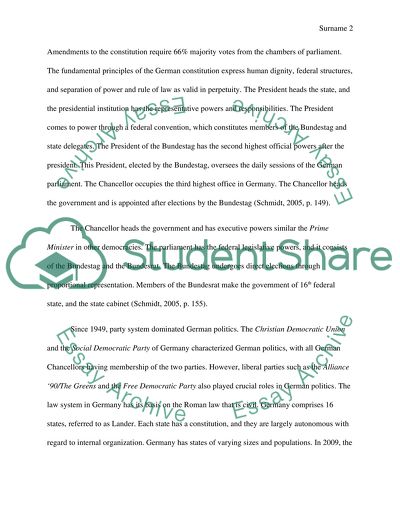Germany's Political Situation Research Paper Example | Topics and Well Written Essays - 1000 words. Retrieved from https://studentshare.org/history/1453906-germany-s-political-situation
Germany'S Political Situation Research Paper Example | Topics and Well Written Essays - 1000 Words. https://studentshare.org/history/1453906-germany-s-political-situation.


